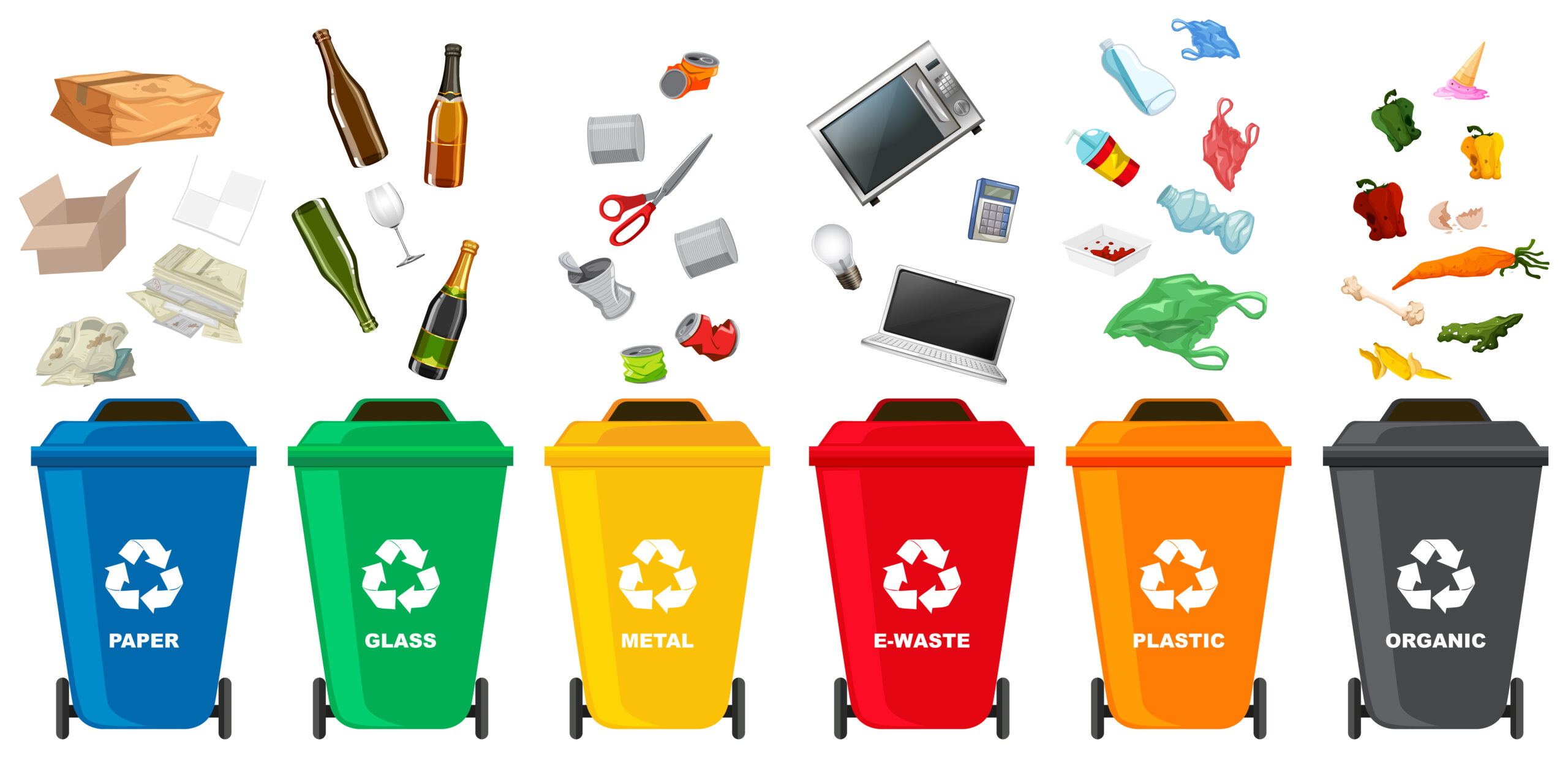
Carbon Footprint: The total amount of greenhouse gasses (including carbon dioxide and methane) generated by our actions.
Circular Economy: Keeps materials, products, and services in circulation for as long as possible. Reduces material use, redesigns materials, products, and services to be less resource intensive, and recaptures “waste” as a resource to manufacture new materials and products.
Composting: The decomposition of organic materials by aerobic microorganisms. Composting facilities manage the amount of moisture and oxygen and the mixture of organic materials for optimal composting conditions. The composting process emits heat, water vapor, and biogenetic carbon dioxide, reducing the mass and volume of raw organic materials to create compost.
E-waste: Electronic waste (anything that requires being plugged in for electricity).
Food Grade: A material that is okay to come into direct contact with food products.
Freecycle Network: A grassroots and entirely nonprofit movement of people who are giving (and getting) stuff for free in their own towns and keeping good stuff out of landfills.
Food Recovery: Preventing edible food from being thrown into landfills and instead being collected and distributed.
Greenhouse Gas Emissions: Gasses that trap heat in the atmosphere.
Greenwashing: When a company purposely deceives the consumer with misleading information to act as if the product is good for the environment.
Incineration: The process of burning materials.
Landfill: Modern landfills are well-engineered and managed facilities for solid waste disposal.
Recycling: The process of collecting and processing materials (that would otherwise be thrown away as trash) and remanufacturing them into new products.
Recycling contamination: When materials are sorted into the wrong recycling bin (placing a glass bottle into a mixed paper recycling bin, for example) or when materials are not properly cleaned, such as when food residue remains on a plastic yogurt container.
Resin Identification Code (RIC): A set of symbols appearing on plastic products that identify the plastic resin out of which the product is made and an indicator of the recyclability of a material.
Single Stream Recycling (SSR): Also known as “fully commingled,” SSR refers the a collection system that mixes all recyclable paper fibers and cardboard, aluminum, metal, and plastics #1 and #2 together in a bin placed at a curb or in a dumpster at a multifamily unit where a truck takes the material to a material recovery facility (MRF) for processing.
Sustainable Material Management (SSM): A systematic approach to productively using and reusing materials over their entire life cycles. It represents a change in how our society thinks about using natural resources and environmental protections.
Upcycling/repurposing/creative reuse: Transforming by-products, waste materials, and useless or unwanted products into new materials or products perceived to be of greater quality, such as artistic or environmental value.
Waste to Energy: Energy recovery from the process of burning municipal solid waste.
Wishcycling: Putting non-recyclable items in the recycling bin with the hope they will be recycled.
Zero-Waste: According to the Zero Waste International Alliance, this term refers to “The conservation of all resources by means of responsible production, consumption, reuse, and recovery of products, packaging, and materials without burning and with no discharges to land, water, or air that threaten the environment or human health.”
Glossary information was sourced from Drawdown GA. Drawdown GA’s mission is to accelerate climate correction in Georgia by providing a “big tent” where all climate groups, all communities, all municipalities, all communities and all groups working on Georgia’s economic, environmental, and social future can come together, work together, and move us farther, faster.
